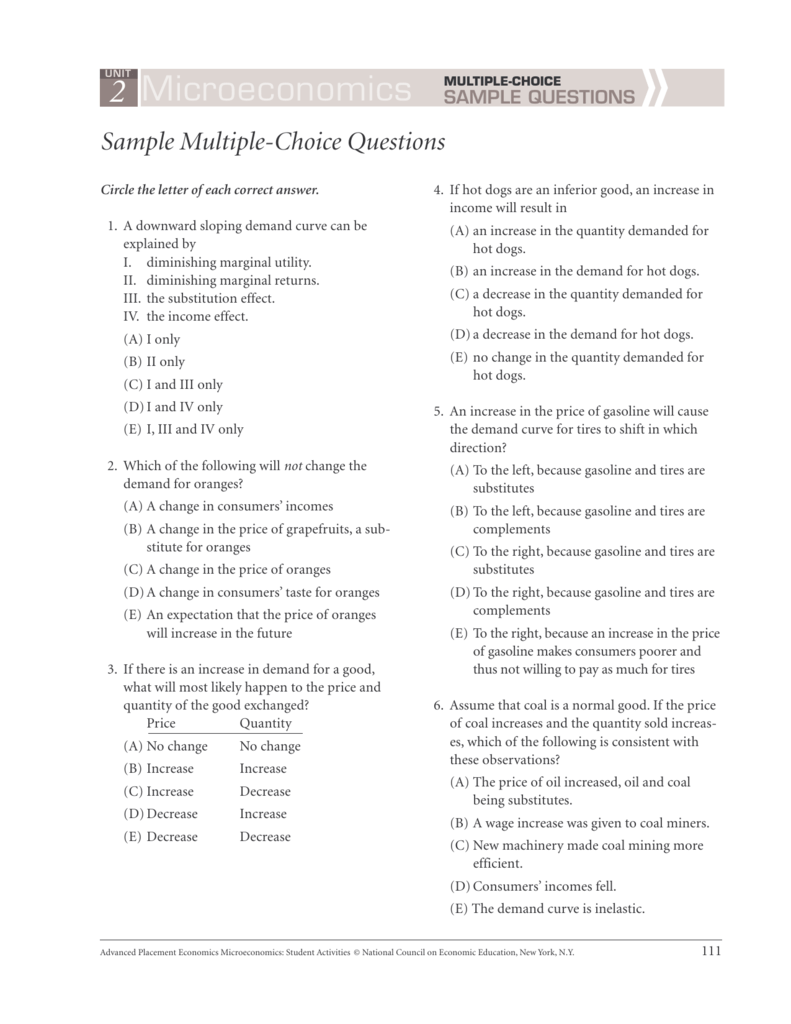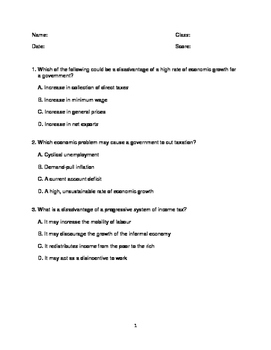


The opportunity cost of seeing the movie is equal to:Ħ. A ticket costs $15, and the next-best alternative use of your time would be to go to a concert which costs $80 and you value at $100. Suppose that you are willing to pay $50 to see a movie on Saturday night. The opportunity cost of seeing the movie is equal to:ĥ. The cost of the dinner is $20 and you value the experience of having dinner with your friend at $60. A ticket costs $10, and the next-best alternative use of your time would be to go to dinner with a friend. Suppose that you are willing to pay $20 to see a movie on Saturday night. The opportunity cost of going to the movie is:Ĥ. You are willing to pay $80 for the concert and the concert ticket costs $50. You are willing to pay $20 to see the movie and the movie ticket costs $5.

Suppose that you deciding between seeing a move and going to a concert on a particular Saturday evening. To calculate accurately the opportunity cost of an action we need to first identify the next best alternative to that action.ģ. Opportunity costs only measure direct out of pocket expenditures. The opportunity cost of a given action is equal to the value foregone of all feasible alternative actions. Which of the following statements about opportunity costs is TRUE? Opportunity cost accounts for alternative uses of resources such as time and money.Ģ. Opportunity cost only measures direct monetary costs. Opportunity cost is equal to implicit costs plus explicit costs. Which of the following statements about opportunity cost is TRUE? They are duplicates of the questions found in the Topic sub-sections. All the following questions are from previous exams for Economics 103.


 0 kommentar(er)
0 kommentar(er)
